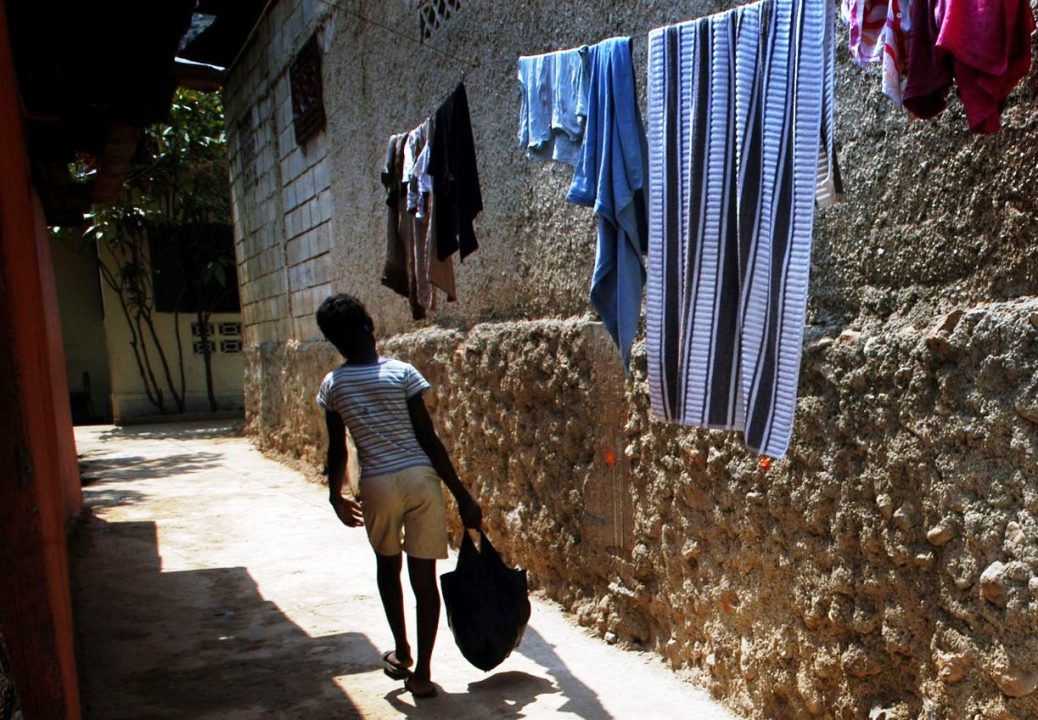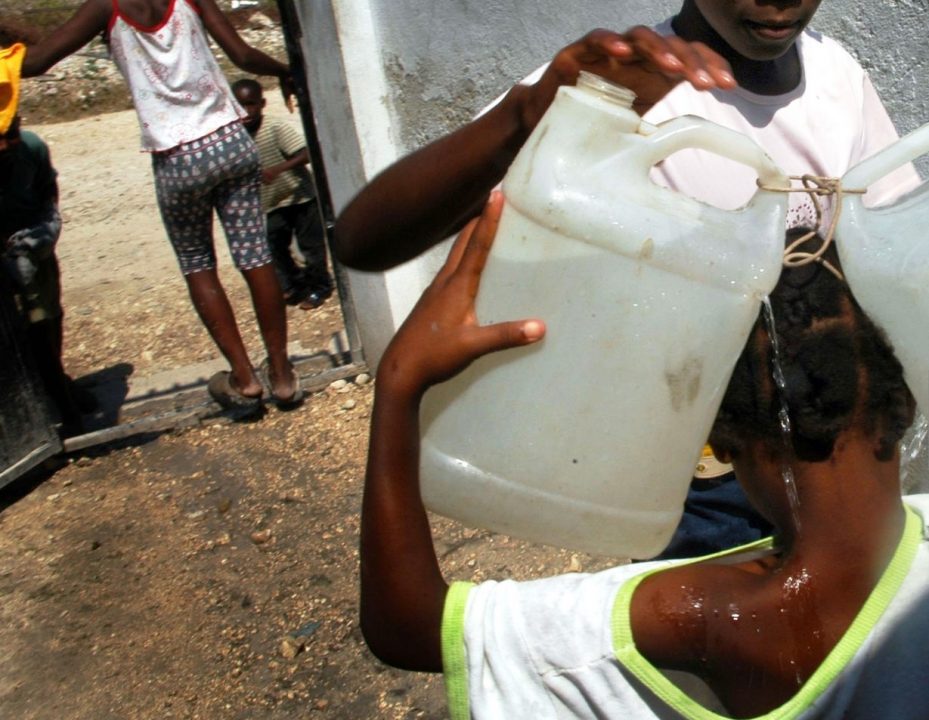February 14, 2020
Categories: Ayiti Now Corp, Recipients, Restavek
The mean annual family spending per person is greater in Haiti’s outbacks than in its cities. According to 2013-2014 data, this is because personal spending increases in smaller families. This applies to families of one to three members. Likewise, the ability to spend per person became lesser in a larger household. This refers to families […]
February 14, 2020
Data for Access to Credit Researchers gathered data from 2,078 Haitian families to find their access to credit. This makes it easier for them to achieve their personal and familial goals. Particularly, the research categorized credit sources into the following sources: Bank or formal credit institution, Merchant or money-lender, Relatives, Other, non-relative, Other Generally, access […]
February 14, 2020
Categories: Ayiti Now Corp, Restavek
Researchers interviewed 1,113 male and 1,634 female child domestic workers (CDW). Particularly, they surveyed about their satisfaction with their financial situation. Also, they categorized their answers into the five categories. These were: Very Dissatisfied, Somewhat Dissatisfied, Somewhat Satisfied, and Very Satisfied. In general, domestic workers in rural Haiti had the highest rates of dissatisfaction. Specifically, 57 […]
February 2, 2020
Categories: Human Rights, Poverty, Restavek
The majority of children in Haiti earn one dollar or less for doing domestic work, according to data from 2013-14. The most common payment for all children is 90 cents for doing hard domestic work daily. The earning power of a Child Domestic Worker or CDW is much worse than a non-CDW. A very small […]
December 19, 2019
Categories: Restavek
Tags: attendance, education, fafo, stats
Overall, 71 percent of school-age Restavek or child domestic workers (CDW) attend school. 29 percent do not attend school. Generally, 81 percent of CDW had no support for education. In particular, family members (10 percent) or others (8 percent) supported the rest. For those not attending school, 88 percent don’t have any kind of support. […]




